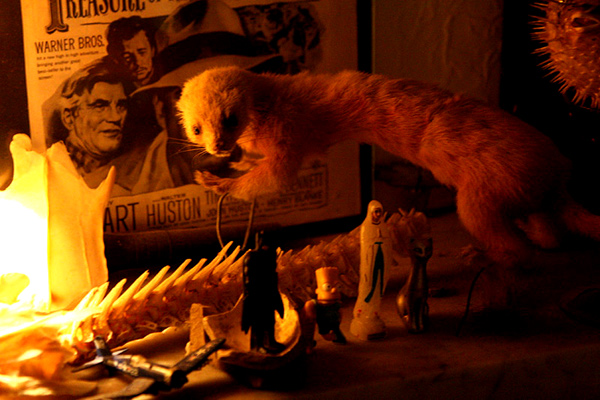

In The Future of Nostalgia, cultural historian Svetlana Boym proposes to differentiate between two kinds of nostalgia: restorative and reflective. Restorative nostalgia evokes national past and future and is focused on the recovery and preservation of what is perceived to be an absolute truth. Reflective nostalgia is focused on the individualized meditation on history and suggests flexibility, an individual narrative, and cherishing shattered fragments of memory. While restorative nostalgia takes itself "dead seriously," reflective nostalgia "can be ironic and humorous. It reveals that longing and critical thinking are not opposed to one another, as affective memories do not absolve one from compassion, judgment or critical reflection."
A Little Nostalgia: The Detective Novels of Alexandra Marinina - Elena Baraban
Restorative nostalgia ... attempts a transhistorical reconstruction of the lost home. Reflective nostalgia thrives in ... the longing itself, and delays the homecoming.... Restorative nostalgia does not think of itself as nostalgia, but rather as truth and tradition. Reflective nostalgia dwells on the ambivalences of human longing and belonging and does not shy away from the contractictions of modernity. Restorative nostalgia protects the absolute truth, while reflective nostalgia calls it into doubt. Restorative nostalgia is at the core of recent national and religious revivals; it knows two main plots - the return to origins and conspiracy. Reflective nostalgia does not follow a single plot but explores ways of inhabiting many places at once and imagining different time zones: it loves details, not symbols.
The Future of Nostalgia - Svetlana Boym
The etymology "nostalgia": constructed from the Greek words nóstos, meaning "return home", and álgos, meaning “pain”. The word was coined by the Swiss physician Johannes Hofer in the 17th Century to describe the pathological condition of severe homesickness observed in Swiss mercenaries who spent long periods away from their homeland.
It was during the 20th century that it's meaning evolved - a shift in emphasis from the spatial to temporal. A yearning for past ages, and then further into fantasy: a yearning for what never existed. And then, perhaps, even nostalgia for the future.
photographs- Painting + armoured crab + fan + Sheran
- Stoat + cod backbone + virgin mary + navy torpedo bomber + 19th C pottery shards

No comments:
Post a Comment